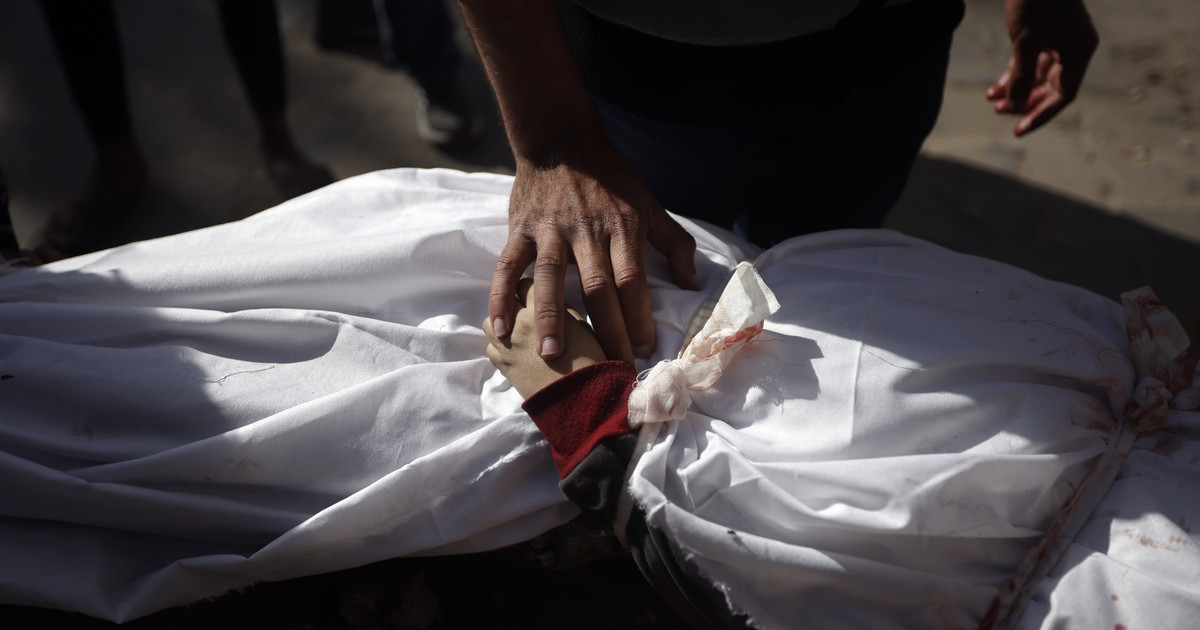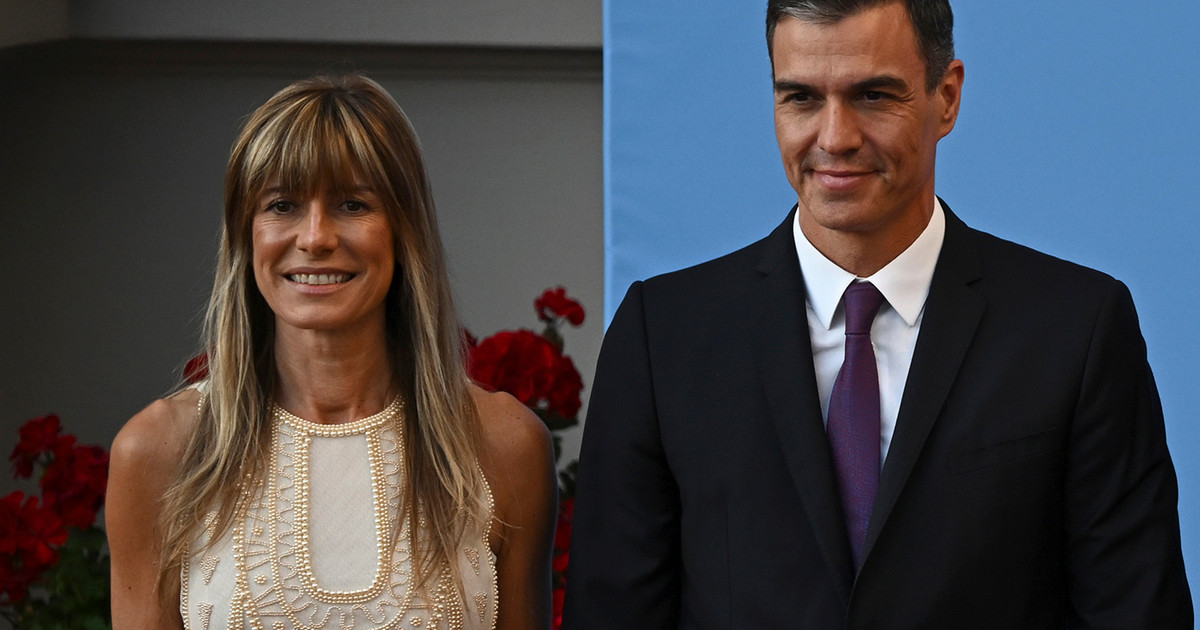Promises of freedom and wealth are made to convicts in cramped cells. Frantic phone calls ensue between relatives and inmates evaluating the offer. Then the prisoners disappear, leaving their loved ones digging through reports of wounded arriving at hospitals.
This scene is happening in convict communities across Russia. With a regular army weakened after nearly six months of a disastrously executed and bloody invasion of Ukraine, there is mounting evidence that the Kremlin is making ugly choices in its ugly war and recruiting prisoners from Russia to fight.
Over the course of a month-long investigation, the CNN spoke with the prisoners involved in Russia’s newest recruitment scheme, along with their relatives and friends. Activists believe hundreds have been accosted in dozens of prisons across Russia – from murderers to drug offenders.
Some were even taken out of the prison where a high-profile American incarcerated in Russia, Paul Whelan, is being held. His brother David said in a statement in July that he heard ten volunteers left IK17 in Mordovia for the front lines in Ukraine.
Dozens of chat messages between relatives, analyzed by CNN , detail the tantalizing rewards offered for fighting in Ukraine, where the risk of death is high. The latest Western assessments suggest that up to 75,000 Russian soldiers have been killed or wounded since the invasion began (a claim the Kremlin has denied).
A prisoner spoke to the CNN from his cramped cell, a cat crawling on bunks and a fan stuck atop an old television tried to cool the air between the heavily barred windows. Imprisoned for several years for drug offenses, he spoke on condition of anonymity using a smuggled smartphone – quite common in Russia’s prison system – to describe the conditions on offer.
“They will accept murderers, but not rapists, pedophiles, extremists or terrorists,” he said. “Amnesty or pardon in six months is on offer. Someone talks about 100 thousand rubles a month (about R$ 8 thousand), another 200 thousand. Everything is different.” He said the offer was made when unidentified men, believed to be part of a private military contractor’s company, arrived at the prison in the first half of July, and that acceptance into the program would lead to two weeks of training in the region of Rostov, in southern Russia. Although he served two years in the military, he said recruiters didn’t seem to insist on military experience.
“In my case, if it’s real, then I’m for it,” said the prisoner. “It can make a big difference for me: being locked up for almost a decade or getting out in six months if I’m lucky. But that’s if you’re lucky. I just want to go home to the kids as soon as possible. If this option is possible, why not?”
The inmate said that 50 inmates had already been selected for recruitment and quarantined at the prison, but he learned that 400 had applied. Human rights activists working in the Russian prison system have said since early July that they have been inundated with reports from across Russia of anxious relatives worried about the fate of their prisoners.
“In the last three weeks [em julho]there was a very big wave of this project to recruit thousands of Russian prisoners and send them to war,” said Vladimir Osechkin, head of Gulagu.net, a prisoner advocacy group.
Osechkin said some had been promised a payment of five million rubles ($410,000) to their families if they died, but all financial rewards may never be honored. “There is no guarantee, there is no real contract. It is illegal,” he said.
“It can make a big difference for me: being locked up for almost a decade or getting out in six months if I’m lucky. But that’s if you’re lucky.”
Moscow’s manpower options have dwindled over more than five months of clumsy and grueling invasion. Russian President Vladimir Putin initially claimed that no recruits had been deployed in the war, before his defense ministry admitted that it had withdrawn some from the front lines following their deployment in apparent error.
The Kremlin said there would be no general mobilization in Russia, perhaps fearing that the policy would prove unpopular, especially if widespread population losses do not significantly alter battlefield dynamics.
Prison recruitment is, according to activists and prisoners, under the auspices of the private military company Wagner, which is not subject to the Russian military’s ban on employing convicts. Prisoners have not shared any copies of their contracts with their relatives or activists, so the precise terms or employer remain unclear. Wagner – who works globally and is run by Yevgeny Prigozhin, a man known as Putin’s chef – is Russia’s most ubiquitous military contractor. Prigozhin denies ties to Wagner.
The lack of clarity, combined with the silence of their loved ones, only increases the anxiety of the family members. Oksana, the half-sister of a Russian prisoner who was offered a job, said her mother was initially eager to receive her son’s service salary, but since he disappeared from her messaging apps, she was beside herself. of concern.
“This is the least protected part of the population. Putin said no recruits would be sent, but they were. With the condemned, it will be very difficult to reveal that they were sent.”
“We know he was in Rostov Oblast,” Oksana said, adding that he claimed to be in the factory of another prison. “He called her on a new WhatsApp number on the 10th of July and asked her to send a copy of her passport so she could receive her salary,” she said. That meant he was less likely to be in prison, she said, as an inmate’s wages for prison work are often paid out of his own account.
“I am in contact with many relatives and they all have the same scenario: sending passport details. No contact,” she said. “This is the least protected part of the population. Putin said no recruits would be sent, but they were. With the convicts, it will be very difficult to reveal that they were sent.” Oksana’s name has been changed due to security concerns.
In late July, the mother received a message from another new number, familiarly written in her son’s broken Russian. She insisted he was healthy and well, but gave no details on his whereabouts. “It takes some time, but it’s going fast,” she wrote. “When I can, I’ll call you”
The mother was later called by a person who introduced himself as an “accountant”, who promised to take her son’s salary in cash to her a week later.
Source: CNN Brasil
I’m James Harper, a highly experienced and accomplished news writer for World Stock Market. I have been writing in the Politics section of the website for over five years, providing readers with up-to-date and insightful information about current events in politics. My work is widely read and respected by many industry professionals as well as laymen.






